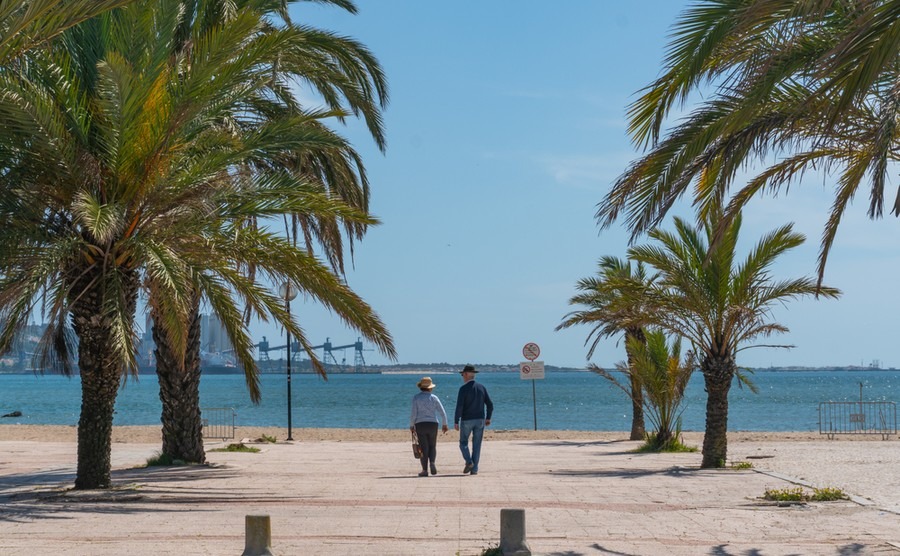Planning on travelling to Portugal once things get better? Brexit has raised a lot of questions, but thankfully, there is one less thing to worry about now: healthcare. Introducing the GHIC…
The government has announced that the European Health Insurance Card (EHIC) is to be replaced with a Global Health Insurance Card (GHIC). This means that Brits travelling to Portugal, and indeed all EU countries, will still be able to receive free, or cheaper, state-provided medical care.
You don’t need to rush to get a GHIC as your EHIC will remain valid until it has expired. Then, you can apply for a free GHIC.
What does the GHIC cover in Portugal?
The GHIC entitles you to basic state healthcare in Portugal. It covers things like emergency treatment, treatment for chronic or pre-existing medical conditions, routine medical or maternity care, and oxygen and kidney dialysis.
As state healthcare is not entirely free in Portugal, you may still have to pay for certain medical care. For example, it will cost you €15 to go to A&E and €5 for a GP appointment.
The British Government advises that you still take out travel insurance alongside your GHIC. The GHIC does not cover all medical costs. Some things it doesn’t cover include private medical care, medical repatriation, mountain rescue and non-urgent treatment.
If you’re ready to buy in Portugal as soon as travel restarts, contact the friendly Property Guides Resource Team to help with the next steps.
We can introduce you to a trusted estate agent or lawyer, or talk to you about currency. Call us on 020 7898 0549 or email [email protected].
Healthcare for permanent residents
All legal residents of Portugal can access state healthcare through the Portuguese national health service (SNS). As mentioned, this is not completely free and you will have to pay standard user fees (taxas moderadoras) for things like prescriptions.
The standard of healthcare in Portugal is high, ranking thirteenth on the 2018 Euro Health Consumer Index. It is funded through general taxation and social security contributions by the employed.
However, if you are a retired resident you do not have to make social security contributions and can access public healthcare by filling in an S1 form.
There is also the option of taking out private health insurance alongside your public healthcare. This is a popular option with many Portuguese citizens. Private policies can cover additional costs and services that are not covered by the public healthcare system. Often, you will also receive faster treatment by going private.
For those moving to Portugal after the Brexit transition period, you will need a visa to go there initially. You will, therefore, be required to have health insurance for the duration of your visa and until you have residency in Portugal.
Want a holiday home but worried about the cost? Why not pool finances and buy with family? Explore our guide, Buying Abroad with Family.












